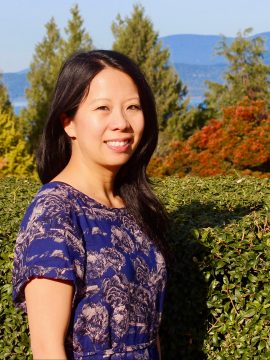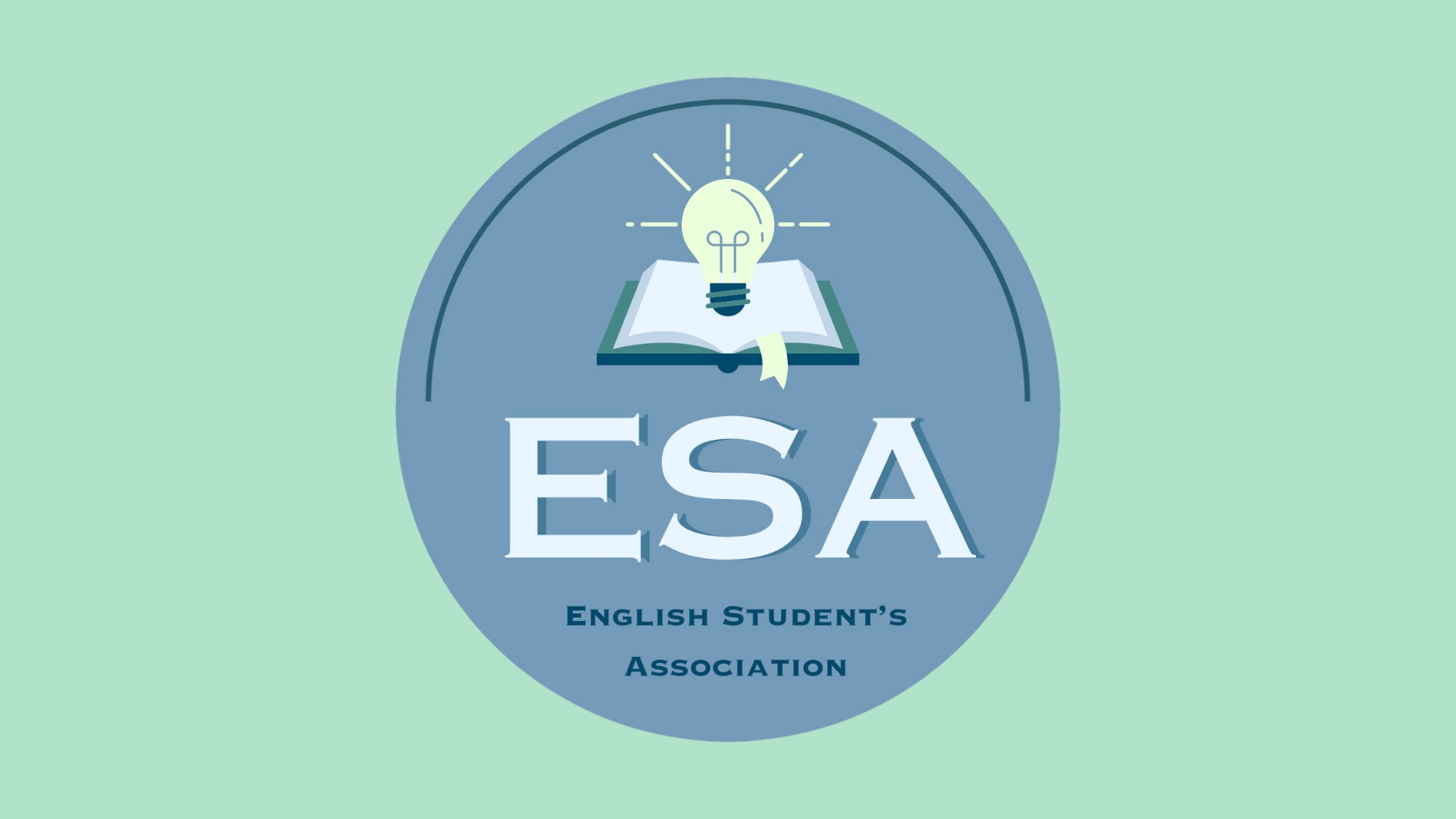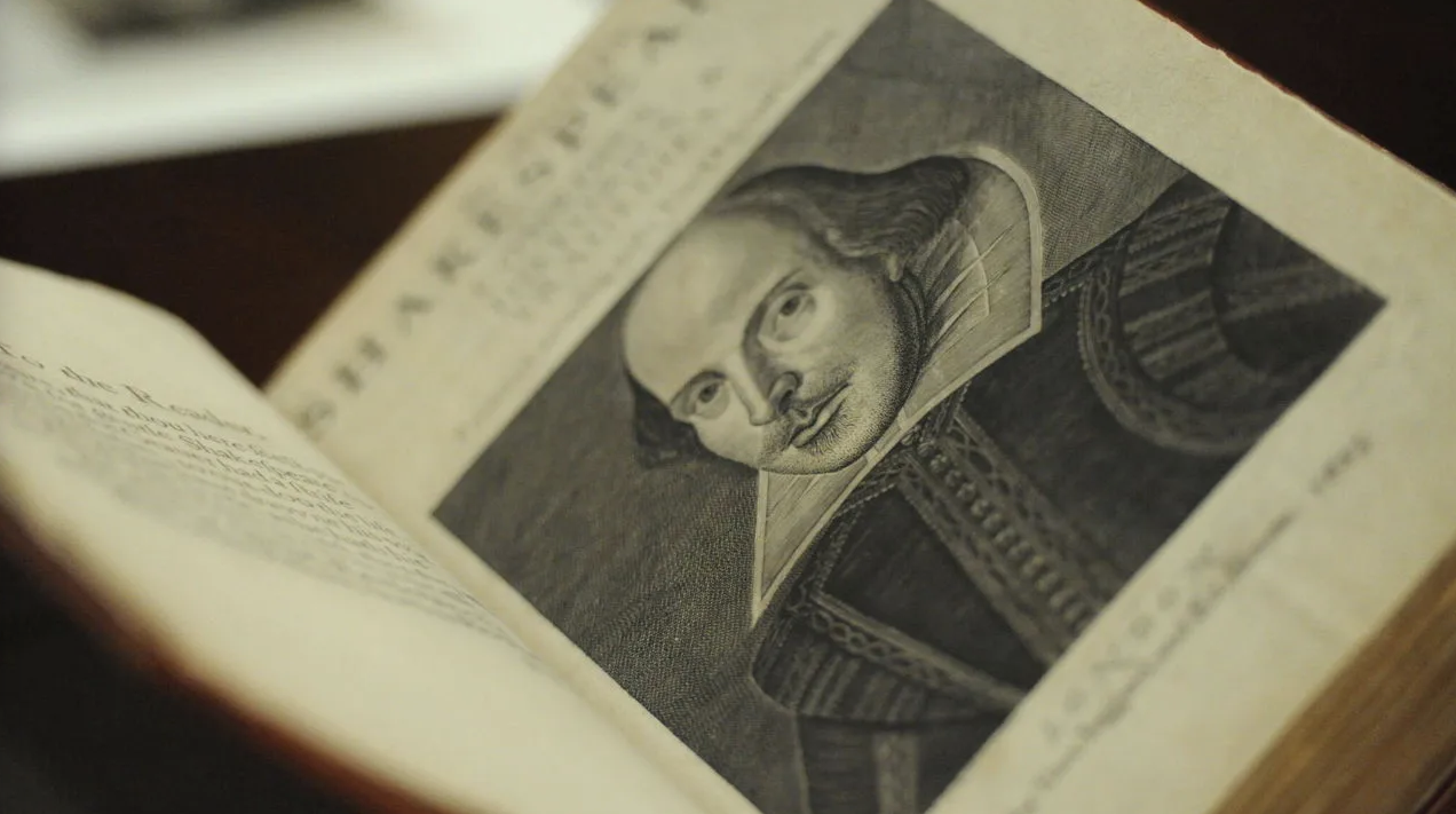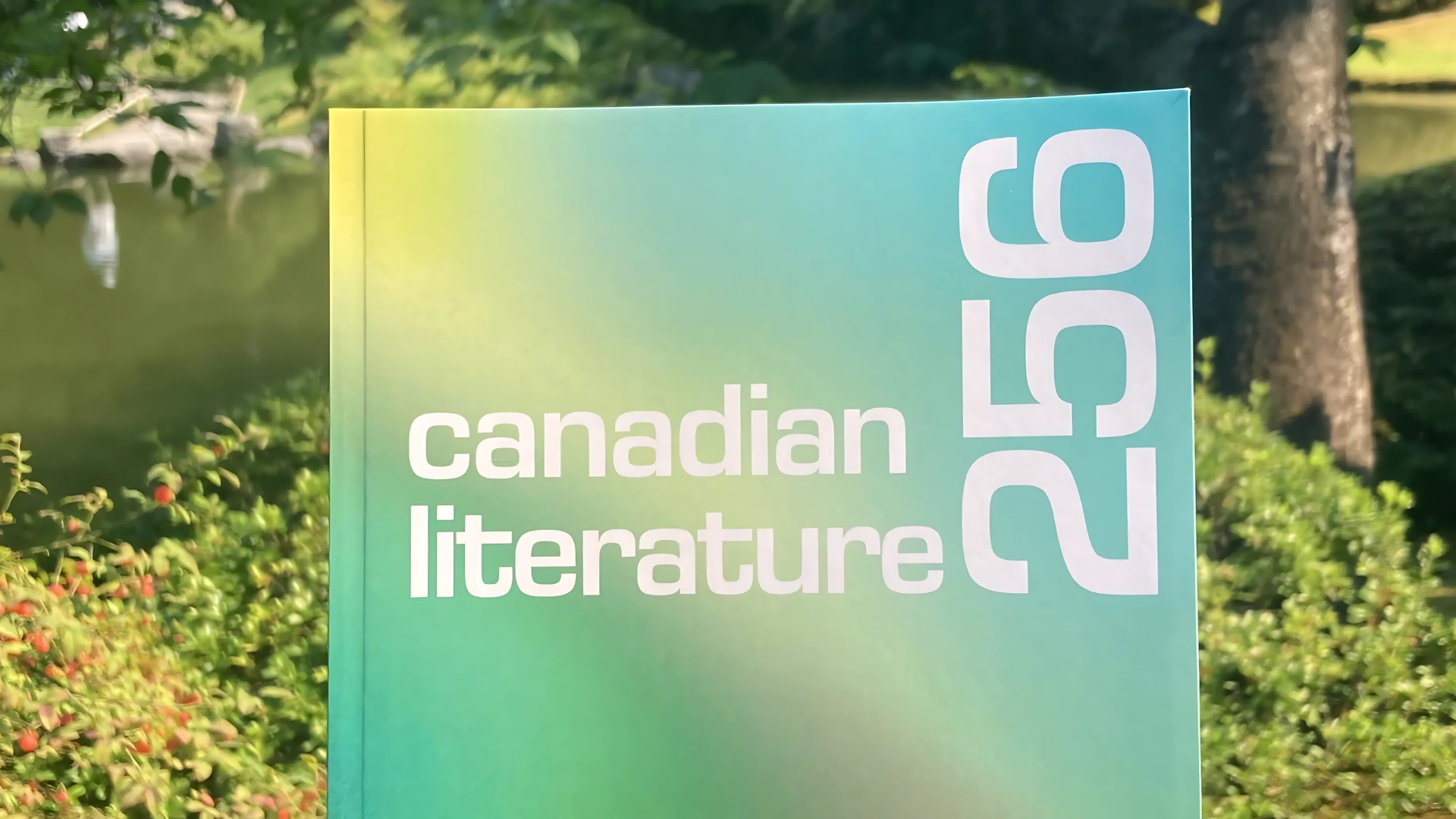Marrying literature with critical refugee studies


What Cambodia’s history tells us about today’s global refugee crises
As a “mirror of contemporary geopolitical situations,” Cambodia’s past can tell us much about crises unfolding around the world today in countries like Afghanistan, Syria, and Iraq, Troeung says. She sees these wars as part of a continuum of “permanent war” waged by the West, but is reluctant to describe the book as a direct comparison of Cambodian history with “today’s laboratories of war.” She says it’s important to look at Cambodia on its own terms. The ongoing physical and mental health disparities experienced by Cambodian communities, for example, is a telling sign of institutional and systemic failure that implicates us all.
One of the goals of Troeung’s project is to grapple with how we commonly think of knowledge that is “narrow” versus knowledge that is “broad.” By diving deeply into a specific site, we can begin to approach questions about war, refuge, health, disability, sustainability, creativity and the arts from the perspective of those who have lived in intimate proximity to systemic collapse and its survival.
What is left out of the refugee narrative
“The refugee ‘crisis’ is not about refugees. It’s about the ways in which Western systems and its borders, walls and militaries create refugee crises,” says Troeung. Refugees are often seen as a deficit or burden to society, but in her current project, she’s less interested in reclaiming a “positive” or “good” representation of refugees and more interested in theorizing from the perspective of Cambodian refugee experience. What forms of creative ingenuity and disruptive knowledge can emerge from this position? Sometimes, she says, this disruptiveness can involve saying things that are explicitly ungrateful and disobedient to the state.
Troeung notes that what is often left out of the media or state narratives surrounding refugees are the wars, both military and economic, that displaced them in the first place. In Cambodia’s case, that the United States dropped 2.7 million tons of bombs on Cambodia in the early 1970s is a fact people are not often aware of, says Troeung. As a consequence of that fact, the nation was completely destabilized, 1.7 million people died in an ensuing genocide, and Cambodian people were forced to flee their country.
“When you look at refugee narratives with a critical lens rather than a celebratory one,” says Troeung, “you realize there is often a story of Western complicity there, but it’s not a narrative we, here in Canada, like to think about.”
She notes that Canada has had its own forms of “quiet complicity” in backing the U.S. wars in Southeast Asia, including its provision of war material and weapons used to bomb these regions. Tens of thousands of Canadian soldiers crossed the border to the United States and voluntarily enlisted in the Vietnam War.
The intersection between personal history and scholarship
“Part of my research is trying to speak back to that narrative of Canadian humanitarianism through my own story.”
Troeung certainly has a compelling personal story. Having been sponsored through a government program that brought her and her family to Canada as refugees in the 1980s, Troeung recalls how she became a sort of “poster child” for the sponsorship program. There are pictures of Troeung as a baby waving a Canadian flag and being held by her father as he shakes hands with then-Prime Minister Pierre Trudeau for a government-arranged photo op at Parliament Hill in Ottawa.
She is named after the refugee camp in Thailand where she was born. She doesn’t mind when people ask her how to pronounce her name, believing the act of asking (as opposed to avoidance) signifies a desire to build relationality or friendship.
Troeung says, in some ways, her name can be seen as “Canadian” in the most fundamental way, considering how Canada’s national brand as an idealized multicultural haven has been consolidated through the use of “refugee rescue images” such as those of her family arriving in Canada. Such repertoires of Canadian state multiculturalism have been deployed to the detriment of many marginalized groups in Canada, including Black and Indigenous peoples.
Her own story and that of her family’s “intersect deeply,” she says, with Canadian history, and her work, scholarship and writing are ways of speaking directly to that intersection.
The Act of Reimagining Refugees
Troeung notes that refugees are often not seen in society as capable “knowledge-producers,” even of their own stories.
“We need different narratives about Cambodia and Cambodian refugees that go beyond a focus on trauma, damage or charity,” says Troeung. “The archive of Cambodian refugee writing is a repository of so much more than this.”


